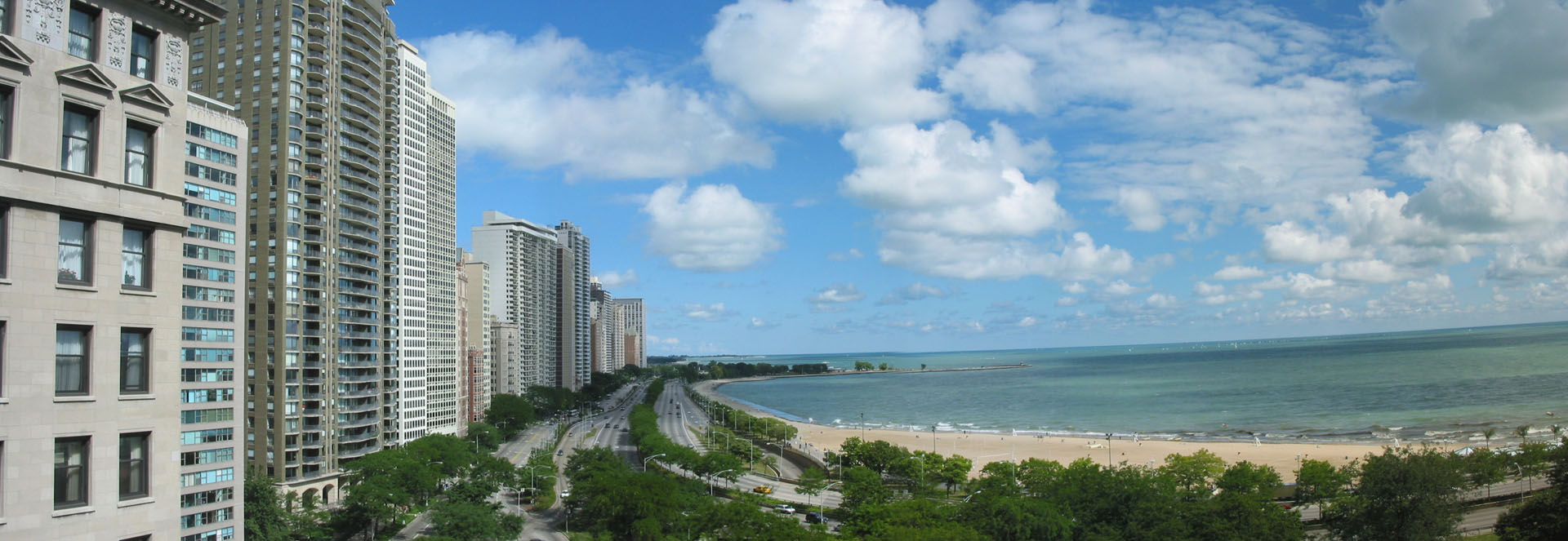Just published an hour ago: Our recent study of forest persistence in the Charlotte Metro region (open access! Free for everyone!). With colleagues at UNC-Charlotte and NC State, we looked into why certain areas of forest continue to remain in urbanizing areas when they would likely be much more valuable as developed real estate.
Our analysis revealed that woodland owners’ willingness to sell is characterized by nonlinear and interactive factors, including sense of place values regarding the retention of native vegetation, the size of forest holdings, their connectedness to nature, ‘pressure’ from surrounding development, and behavioral patterns, such as how often landowners visit their land. We hope that understanding the interplay between tax and land use policies (i.e. incentives to retain forests) and landowner behavior can help resource managers to better manage and promote forest persistence. It’s clear from this study that given the Charlotte region’s relative lack of effective policy tools to manage the type and amount of development (we point out problems with the State’s Present Use Valuation program, which decreased taxes for urban working lands), the mosaic of land cover the region currently enjoys is far from stable.
